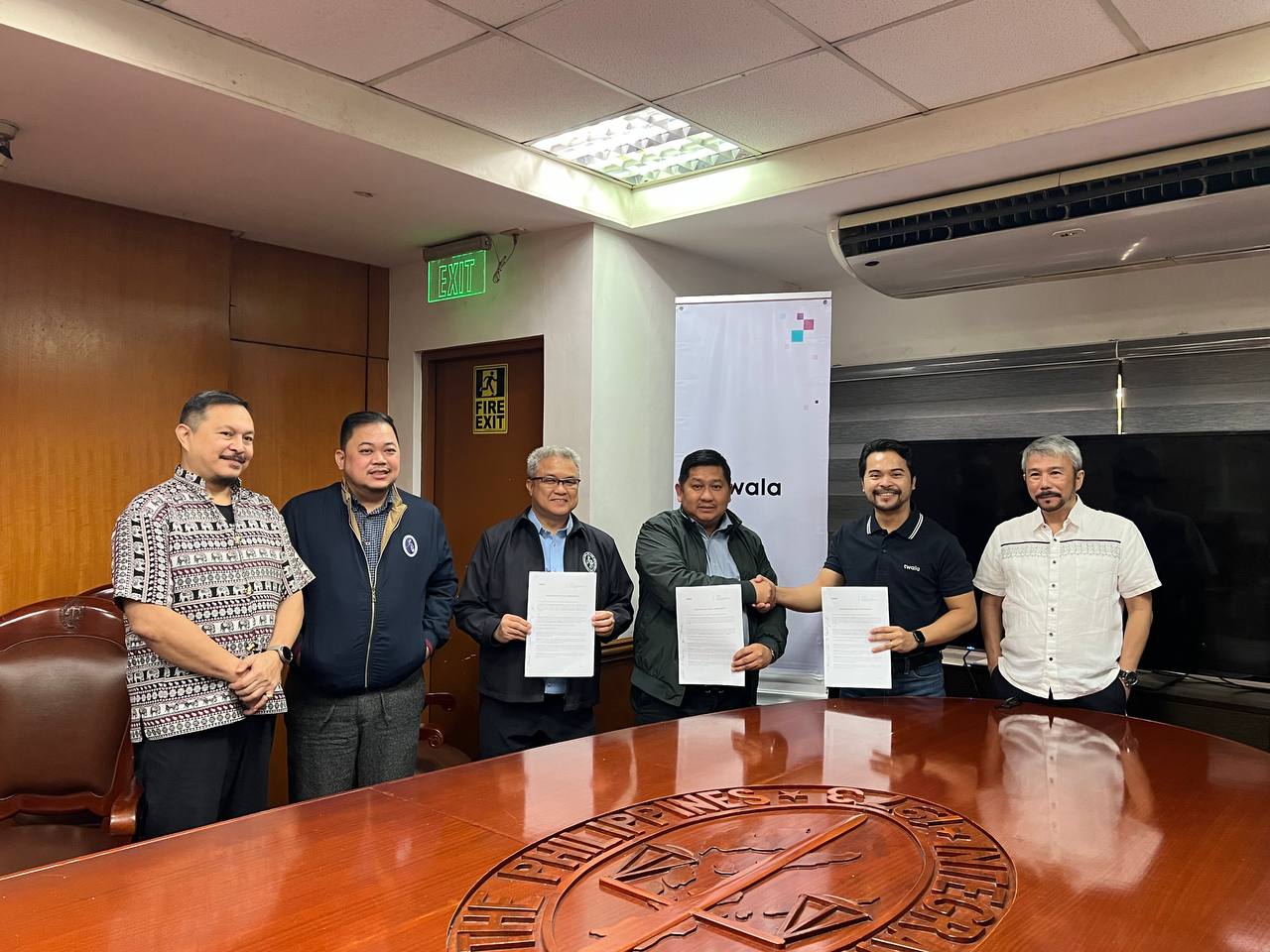From client contracts to vendor agreements, the way you handle business relationships today shapes your profitability tomorrow. Efficient contract management is a cornerstone for enhancing operational workflows and driving profitability in today’s competitive Philippine business landscape. Handling partnerships, vendor agreements, or client contracts can often become complex. To simplify the process and boost profitability, Filipino businesses should focus on these four key priorities:
1. Embrace Digital Transformation in Contracting
In the digital age, manual contract processes are becoming increasingly inefficient. Many Philippine organizations are turning to electronic signature platforms and contract management solutions to reduce bottlenecks.
The Electronic Commerce Act of 2000 (Republic Act 8792) and the Supreme Court Rules on Electronic Evidence legally recognize e-signatures in the Philippines. Leveraging these tools not only ensures compliance but also enhances efficiency by enabling seamless digital workflows.
For example, a local business can reduce turnaround times by automating contract approvals and tracking, ensuring faster deal closures and improved client satisfaction.
2. Centralize Contract Management Systems
A decentralized contract management process can lead to missed deadlines, errors, and lost opportunities. Businesses in the Philippines, especially SMEs, can benefit from adopting centralized systems to store, access, and monitor contracts.
By maintaining all contracts in a single, secure repository, companies can:
- Avoid duplicate agreements.
- Set automated reminders for key milestones like renewals or terminations.
- Ensure compliance with local regulations, such as tax codes under the Bureau of Internal Revenue (BIR).
This practice minimizes risks and improves visibility into contractual obligations.
3. Prioritize Contract Standardization
Custom contracts for every transaction can create unnecessary complexity. Filipino businesses can simplify processes by developing standard contract templates tailored to specific use cases, such as vendor agreements, client engagements, or employment contracts.
Standardization ensures:
- Consistent legal language aligned with Philippine laws.
- Faster review cycles since stakeholders are familiar with the terms.
- Easier customization when unique clauses are required.
For example, companies dealing with freelancers or remote workers can use pre-approved templates that align with labor laws under the Department of Labor and Employment (DOLE).
4. Enhance Collaboration Across Teams
Contracts often involve multiple teams, including legal, finance, and sales. Miscommunication can lead to errors, delays, or unfavorable terms. In the Philippines, where many companies are family-owned or operate with lean teams, cross-functional collaboration is critical.
To foster better collaboration:
- Utilize tools that allow real-time editing and tracking of contracts.
- Set clear roles and responsibilities for each stage of the contract lifecycle.
- Train employees on contract management best practices and legal compliance.
By improving communication and coordination, organizations can close deals faster and build stronger relationships with partners and clients.
Managing contracting complexity doesn’t have to be a hurdle for profitability. By embracing digital transformation, centralizing management systems, standardizing contracts, and enhancing collaboration, Filipino businesses can position themselves for sustainable growth.
The future of contracting in the Philippines lies in adopting solutions that are not only compliant with local laws but also drive efficiency and profitability. Whether you’re a startup or an established corporation, these priorities can help you stay ahead in an increasingly competitive market.





.png)
